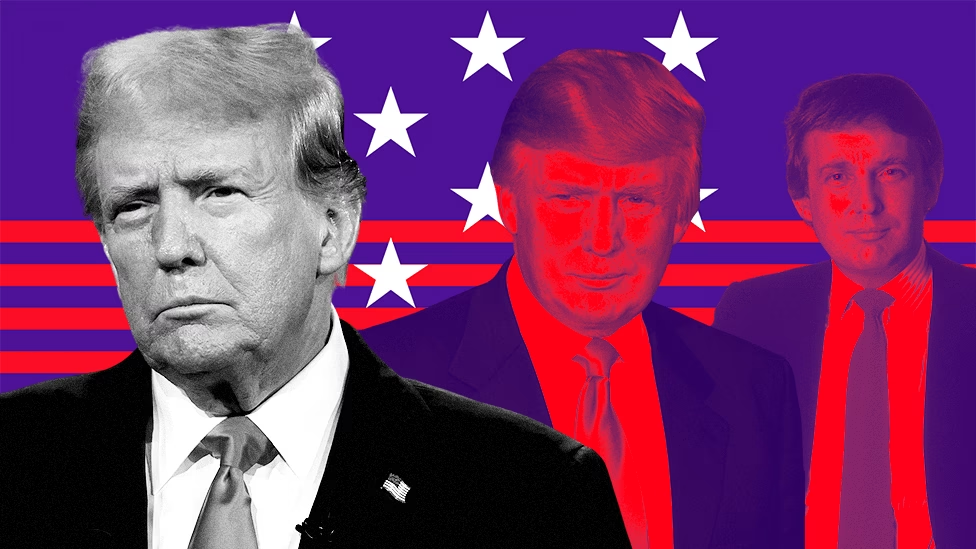Trump’s Remarks on Military Force: A Negotiation Tactic, Not a Genuine Threat, Experts Say
While Donald Trump recently suggested the possibility of using military or economic pressure to secure control over key territories like the Panama Canal and Greenland, most experts agree that he is unlikely to follow through with such a drastic course of action. In a news conference earlier this week, Trump emphasized the importance of both territories for U.S. national security, specifically highlighting concerns over China and Russia’s increasing influence in those regions.
Trump’s Comments: Strategic Bluster or Real Threat?
However, according to Dan Hamilton, a foreign policy expert at the Brookings Institution, Trump’s statements are more likely a negotiation tactic than a serious threat of military force. “A lot of this is bombast and bluster,” Hamilton explains. “It’s a classic Trump move — disorienting your negotiating partner to gain leverage and secure a better deal for your actual goals.”
This approach of using strong rhetoric to unsettle opponents is a hallmark of Trump’s negotiating style. Instead of signalling genuine intent to engage in military conflict, experts view these remarks as a strategy to gain strategic advantages without escalating tensions.
The Real Goal: Protecting U.S. Interests and Countering Global Threats
Trump’s true objectives, according to analysts, go beyond territorial acquisition and focus on maintaining U.S. dominance in key geopolitical areas. In the case of Greenland and the Panama Canal, the real issue is ensuring that China and other potential adversaries do not increase their influence in the Western Hemisphere. Trump’s rhetoric echoes a modern-day interpretation of the Monroe Doctrine—a 19th-century policy that warned European powers against interfering in the affairs of the Americas.
“We need Greenland for national security purposes,” Trump declared at the news conference. “I’m talking about protecting the free world. You look outside — you don’t even need binoculars — you see Chinese ships all over the place. You see Russian ships all over the place. We’re not letting that happen. We’re not letting it happen.”
U.S. Security Concerns: A Strategic Positioning Against Global Powers
At the heart of Trump’s remarks is the ongoing U.S. concern about the growing presence of China and Russia in areas historically within America’s sphere of influence. With these remarks, Trump signals his intent to maintain a strategic position in the Western Hemisphere, protecting U.S. interests while sending a clear message to global powers.
Experts note that while Trump’s comments may seem provocative, they are more likely an effort to strengthen the U.S. negotiating stance and gain influence over critical global regions. Given his history of using bold, often controversial statements to negotiate, Trump’s words should be understood within this broader context of diplomatic strategy rather than as a prelude to military conflict.



